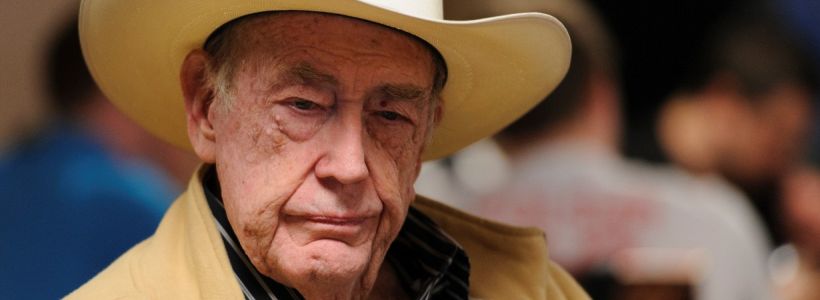
Since the publication of Super System in 1978, books became the default source of poker knowledge. "Playing by the book" used to be a statement commonly used at the poker table and if you're one of the players who got into poker shortly after Moneymaker's win at the WSOP Main Event Final Table there's a good chance you started your education with "Harrington on Hold'em".
There's also a high chance that you owe a huge part of your success to poker books if you became serious about playing shortly before or after "The Black Friday". However, in the last few years, books took a back seat to other forms of poker education like coaching videos, articles, and various poker software.
"Easy Game" by Andrew 'balugawhale' Seidman
If you're looking for the way of optimizing your small blind defending range in the environment of modern 500 Zoom game this book is not for you. Like every other strategy oriented book written 5+ years ago this one is very outdated and offers advice that's no longer applicable in today's environment.
However, if you're new to poker or you know someone that has no idea how to make sense of this beautifully complicated game that is no-limit hold'em, Easy Game is perhaps one of the best tools for the job. Andrew Seidman has this amazing gift of framing complicated concepts in an easy to understand way so if you're starting from scratch you could do much, much worse than Easy Game.
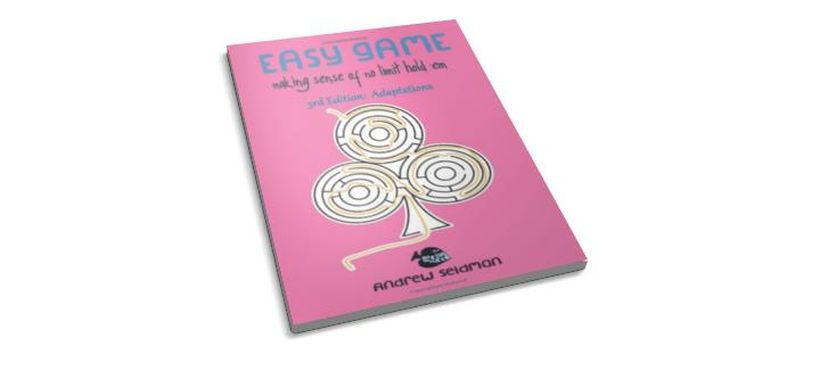
"Treat Your Poker Like a Business" by Dusty Schmidt
This was a revolutionary book that introduced the entire generation of grinders to the idea of treating poker like a business venture. "Treat Your Poker Like a Business" managed to imprint a new and improved image of a professional grinder into the collective consciousness of the poker world. We used to be guilty of romanticizing (and often striving to be like) talented degens, but Dusty showed us a better way.
In his book, Dusty touches on many interesting concepts, most of which are still applicable in today's games, from bankroll management and dealing with variance, through motivation and diet to the importance of rakeback and investing into poker hardware/software.
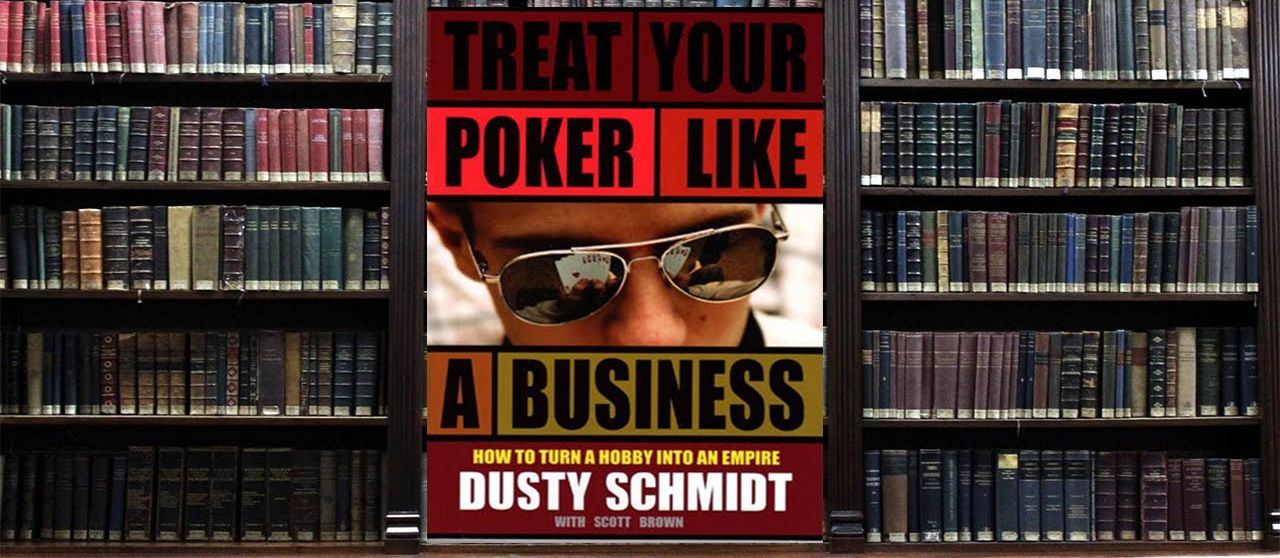
"The Mathematics of Poker" by Bill Chen, Jerrod Ankenman
To paraphrase a quote from a famous video game series "Math, math never changes" - and this is precisely the reason why "The Mathematics of Poker" is perhaps the most relevant book on the list even though it was written more than a decade ago.
It's a perfect position for someone who wants to build solid math fundamentals and for players aiming to expand their knowledge about the mathematics of poker. Bill Chen and Jerrod Ankenman wrote a book that was way ahead of its time. They explained the idea of GTO in times when winning regulars could get away with folding AK to a 3bet without a second thought.

"The Poker Mindset" by Ian Taylor, Matthew Hilger
It's hard to imagine that just a decade ago the poker mindset was a foreign idea for most of the players. Fortunately, for us Ian Taylor and Matthew Hilger taught us how important of a role psychology plays in a game of tiny edges.
"Poker Mindset" explains what long run is, why there's no such thing as 'average' poker professional, how to properly manage your bankroll and deal with variance. It explained the dangers of tilt and how to deal with downswings.
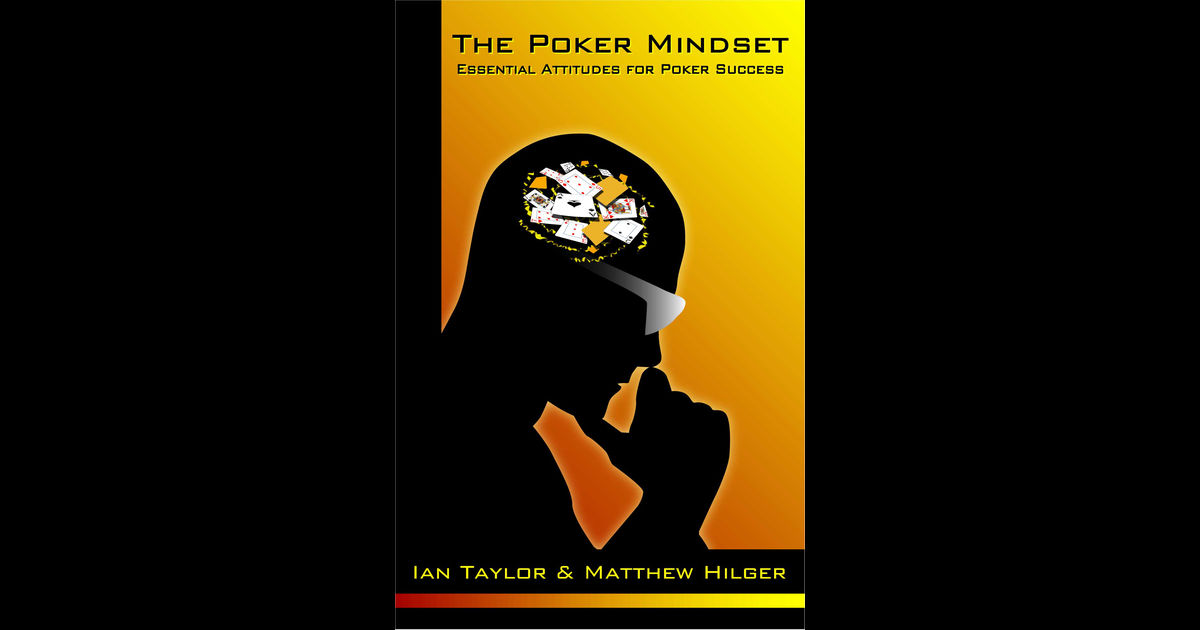
"The Mental Game of Poker" by Jared Tendler
This book builds on the ideas introduced in the "The Poker Mindset" and introduces some powerful new concepts. If you're struggling with tilt or you want to know more about it "The Mental Game of Poker" is perhaps the most comprehensive resource on the subject ever created.
If you feel like the basic concepts regarding poker mindset aren't enough for you Jared Tendler writes about advanced ideas like adult learning, four levels of competence and flow.
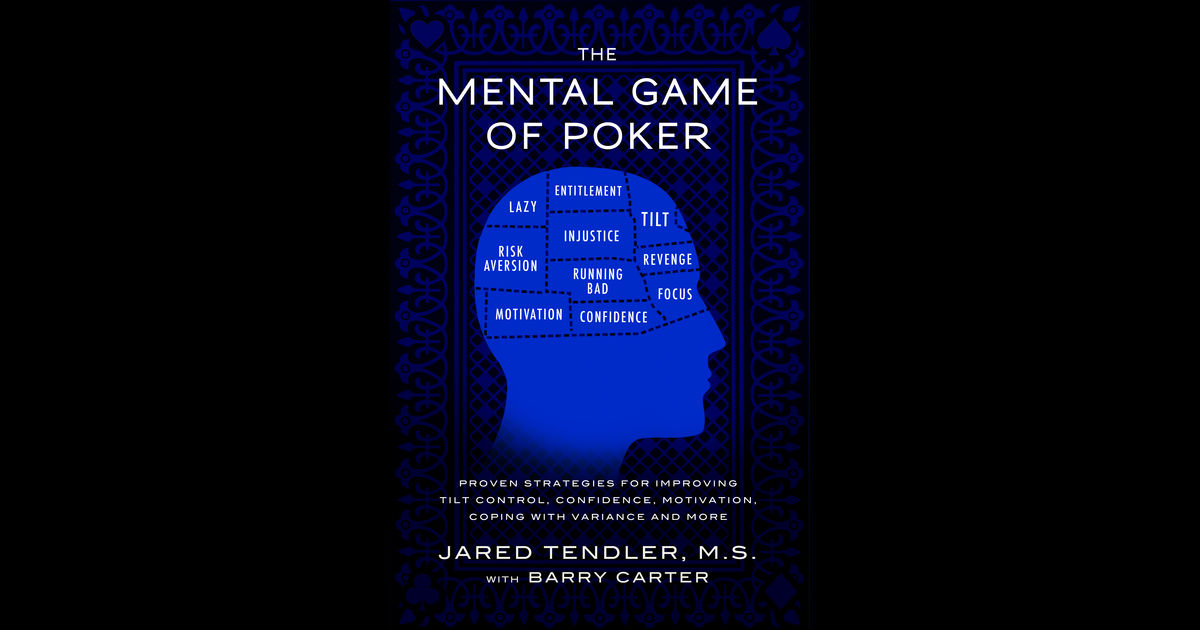
 More Top Rated Content
More Top Rated Content
Articles
- Creating An Off-Table Plan For Poker
- Procrastination and Poker
- How to Get in the Zone and Play Your Best Poker
Coaching Videos

